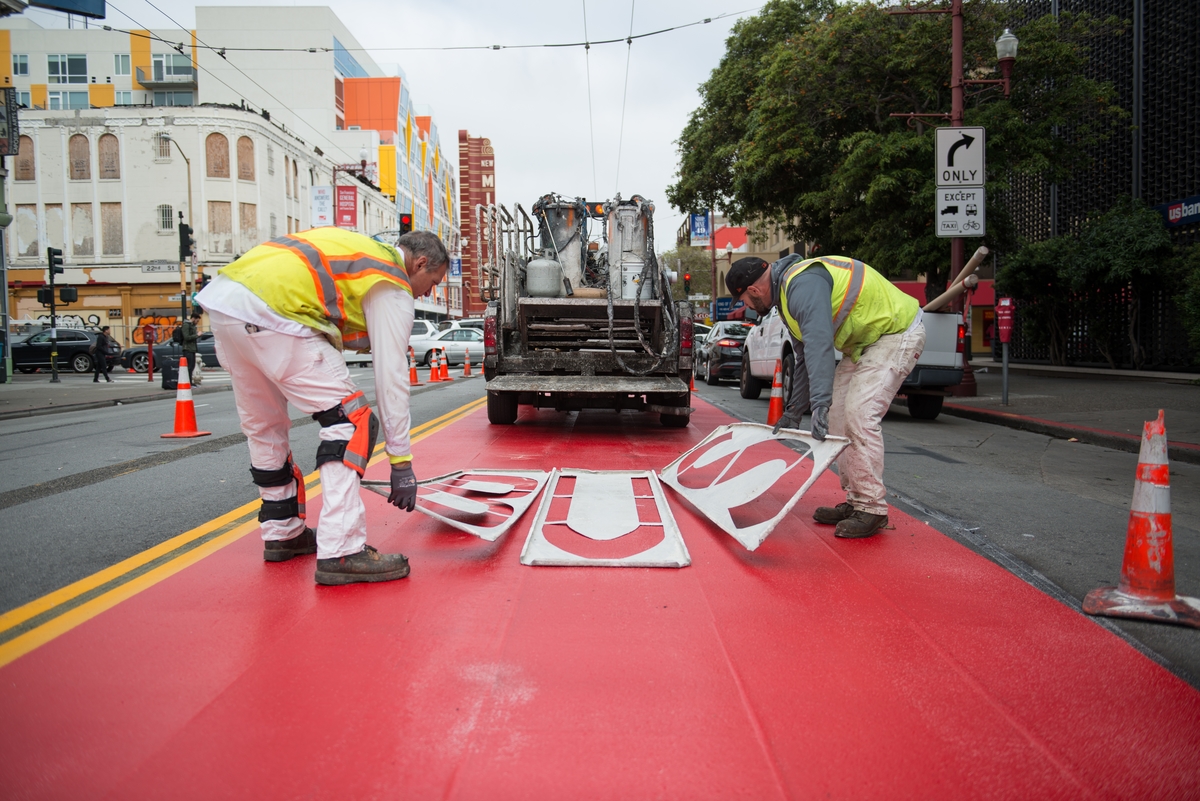The Mayor and at least three members of the San Francisco Board of Supervisors are working on proposals to offer financial compensation to merchants impacted by city projects, notably those in Chinatown near the Central Subway construction.
As reported in the San Francisco Examiner:
City leaders are looking to boost efforts to aid merchants in Chinatown after it was revealed that the Central Subway may open 10 months later than originally planned. In addition to $575,000 planned by the Mayor’s Office to enhance access to Chinatown during the construction, and attract more customers, Mayor Ed Lee directed city staff to “develop a range of additional options to assist impacted Chinatown merchants” in the wake of the delay, the Mayor’s Office told the San Francisco Examiner.
The Chronicle, in its coverage, adds that "Under the program, businesses could apply for subsidies of between $5,000 and $10,000 from the city, but the money would have to be used for certain improvements, like fixing up a facade or purchasing a new credit card system."
"We do have a Chinatown-specific supplemental appropriation pending at the Board which would hopefully go to giving the merchants within the Central Subway Impact Zone immediate relief while we flesh out the rest of our long-term, citywide strategy for construction impacts with our colleagues in District 6 and District 7," wrote Supervisor Aaron Peskin's Chief of Staff, Sunny Angulo, in an email to Streetsblog.
At first blush, it seems only natural that the city should help small businesses survive the damage that can be done to their bottom line from construction projects, especially major projects that are delayed, such as the Central subway.
There's precedent for this.
PolicyLink, which has offices in Oakland and several other cities, did a breakdown of similar programs in Seattle, the Twin Cities, and Cleveland. Los Angeles also has programs for its rail construction.
That said, Streetsblog fears this policy could set a dangerous precedent if not used sparingly and under the strictest criteria. Construction costs are high enough without forcing taxpayers to compensate everyone who might suffer impacts. As Peskin was quoted as saying in the Chronicle, the city has to be careful not to open a Pandora's box. "There should be a threshold for business that relies on pedestrian traffic, low margins of cash, or are new," said James Rojas, an urban planner and activist based in Oakland.
And if the merchants accept direct compensation, what about when the Central subway finally opens? No doubt, they're going to receive a windfall from the subway's estimated 35,000 boardings. Shouldn't they have to pay the tax payers back, with interest?
Of course, the simplest way to avoid opening a Pandora's box is not to open it.
Do you think the city should give direct compensation to merchants hurt by construction projects?
Post below.





